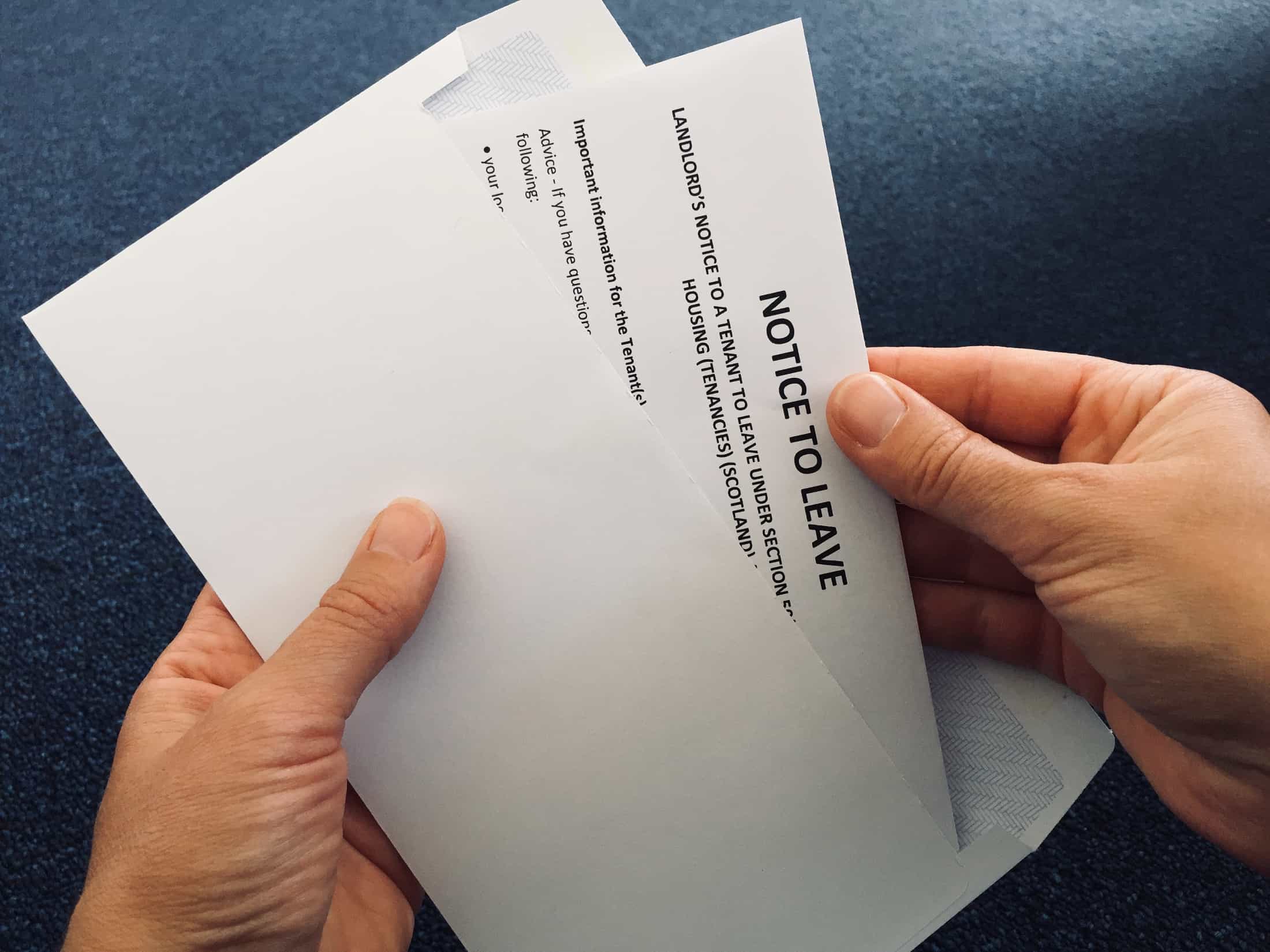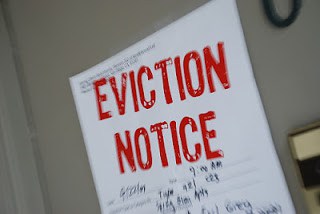Until the emergency provisions of the Coronavirus legislation, the private rented sector in Scotland (PRS) rarely had to contend with determining whether it was reasonable to evict a tenant. The traditional approach was, because of the implicit uncertainty in relying on discretionary grounds for possession, to avoid them“like the plague”. The reason for this was the existence of mandatory grounds for possession, for example where there were substantial rent arrears or where the landlord wanted to sell the property, or with short-assured tenancies, the landlord’s automatic right to seek recovery of the property at the end of an agreed period of let and the certainty that came with them. With the passing of the Coronavirus (Recovery and Reform)(Scotland) Bill 2022, which takes effect from 1 October 2022, the approach to recovery of possession in the PRS will change for good.
Discretionary grounds
So, what does this really mean? It means that, in each and every case, where an application for eviction is made, a landlord has to get over at least two hurdles. These two hurdles are:
- to establish the ground of possession itself; and
- to satisfy the First-tier Tribunal (the Tribunal) that it is “reasonable” to evict.
How does reasonableness affect a Tribunal claim?
A tenant can come along and accept the ground for possession has been made out (e.g. accepting rent arrears), but yet still seek to “defend” the application on the basis that it is not reasonable to evict them.
Reasonableness is a concept rather than a matter of fact. It therefore does not automatically mean that an evidential hearing will require to be fixed to determine reasonableness (although it may be). It is perfectly possible that a tenant will put certain factors before the Tribunal that a landlord either accepts or does not dispute for the purpose of the application and the Tribunal should seek to determine the question of reasonableness there and then. Evidential hearings should only be required where there is a dispute over something material to the question of reasonableness.
How does the Tribunal approach the question of reasonableness?
Some commentators have called upon the Scottish Government to give some statutory guidance on the approach to be taken when assessing reasonableness claiming it is too “vague” a concept. However, assessing reasonableness is something that has always formed part of the judicial decision making process.
Fundamentally, it means that the Tribunal has a duty to consider the whole circumstances in which the application is made. It therefore follows that, anything that might dispose the Tribunal to grant or decline to grant the order will be relevant. The Tribunal therefore has a wide discretion on what might be relevant to that assessment.
What factors will be taken into account?
What will be relevant to determining the question of reasonableness will depend on the facts and circumstances of each case and, whilst it may sound like a “cop-out”, there is no exhaustive list of such factors. That said, one factor that is expressly relevant (and therefore must be considered by the Tribunal) in rent arrears cases, is the extent to which a landlord has complied with any pre-action requirements.
Whilst there is no exhaustive list, by way of illustration, things such as the personal and family circumstances of the tenant (including if there are any children), health issues that may affect the tenants or any of their dependents and the impact that an eviction may have on the tenant and/or their family will likely be relevant. With issues of tenant conduct (including non-payment of rent), the particular circumstances that lead to the conduct or the non-payment of rent, including any problems with the payment of state benefits, will also be relevant. Something that is often forgotten are the circumstances of the landlord themselves, for example extreme financial difficulty due to the non-payment of rent, will clearly be relevant too. It is for the Tribunal to decide what weight to put on each of the particular circumstances advanced by or on behalf of each party.
What if a tenant does not appear?
Even if a tenant does not appear, the Tribunal still needs to consider reasonableness. However, where a statutory ground is made out by a landlord, a prima facie case for reasonableness is made out and it is therefore for the tenant to put matters before the Tribunal to show why the order sought should not be granted. If they do not, the order should be granted. For example, in rent arrears cases, it is suggested that a prima facie case of reasonableness will be made out where there are significant arrears and a history of non-payment of rent.
Landlords should therefore be prepared to address the Tribunal on the basic circumstances of the tenant and the landlord as well as any specific circumstances affecting either that could be relevant to the assessment of reasonableness. Even if not raised by the tenant themselves, a Tribunal will likely make enquiries about any circumstances that may be relevant. Inevitably this change will increase the workload of the Tribunal and slow the decision making process down as more applications for eviction are challenged by tenants.
If you require any further information or advice, please contact us.












